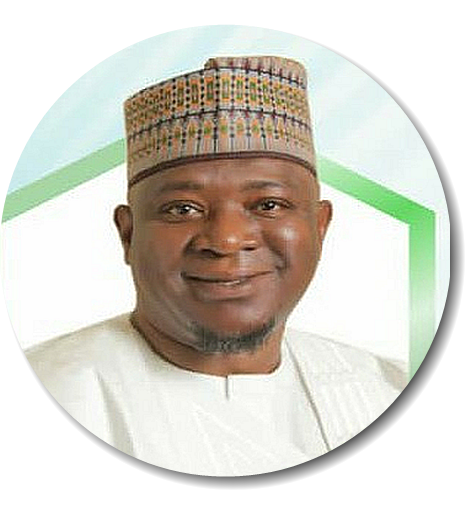The Community and Social Development Project (CSDP), an initiative of the Federal Government with support from the World Bank, spent N90 billion on community projects in 30 states from 2009 to date, an official has said.
Dr Abdulkarim Obaje, National Coordinator of the CSDP, on Saturday, said the goal was to reach out to poor communities so that development would flourish.
He spoke shortly after the presentation of the Community-Driven Development Policy (CDDP) held in Abuja.
Obaje said the policy would provide a framework for organising poor communities and vulnerable groups together to access development resources from the government or donor partners to address their own peculiar needs.
Obaje also disclosed that CSDP had more than 17,000 micro projects across 30 states that had been designed, implemented and sustained by members of the community.
He added that the projects, which were community-driven, were conceived, implemented, managed and sustained by the members of community themselves.
“The major plan for the implementation of the projects in all the 30 participating states, where over N90 billion had been expended from 2009 to date, is community development. State offices of Community and Social Development Agencies facilitate the projects by helping the communities to identify and prioritise what their needs are, and help them to elect officials that will manage the Work Bank resources that come through the Federal Government. Each community is expected to open an account and get registered with the Local Government Area. This is the whole concept of the community-driven development approach. This has been experimental for the past 11 years and it has shown spectacular results. The desire of the Federal Government now is that since we have done these projects so well, we should come up with a policy that will regulate the relationship of all the major stakeholders that are involved in delivering these services to poor and vulnerable groups. Apart from our own local experience with the support of World bank, we have undertaken study tours to sister countries in Africa like Tanzania, Uganda, Ethiopia, Rwanda, Indonesia and India to learn how they address the challenges of poor communities. The lessons we have gathered have directly helped us to put the policy together. So, the policy we have is an advocacy tool or a delivery mechanism for bringing development to poor communities. We are hoping the policy will be approved by the Federal Executive Council (FEC) and, subsequently, we will engage the National Assembly to enact a law. For instance, in Indonesia, there is a law on villages and Ministry for Village Affairs and it is an offence punishable by law for any development partner to undertake a project in any community without consulting members of the community”.
Obaje expressed optimism that the policy would fast track the attainment of President Muhammadu Buhari’s vision to lift 100 million Nigerians out of poverty over the next 10 years.
He said the major challenge of poverty was that it manifests largely in lack of access to basic social services such as water, education, health and nutrition.
Also speaking, Dr Nasir Mahmood, Special Assistant to the President on Social Investment, commended the CSDP team for drafting the policy document.
Mahmood said he would submit the policy document to the Minister of Humanitarian Affairs, Disaster Management and Social Development, for onward presentation and consideration by FEC for approval.
Task Team Leader for CSDP at the World Bank, Professor Foluso Okunmadewa, said the policy document was a veritable tool to tackling poverty.

